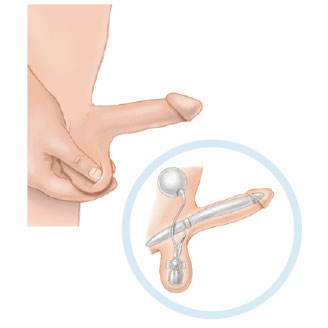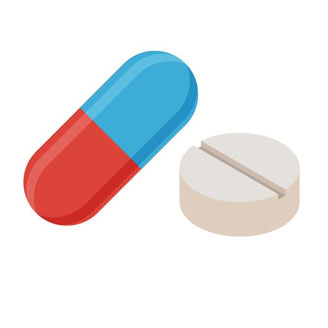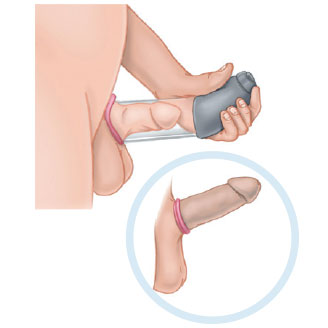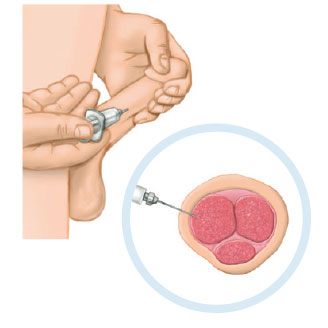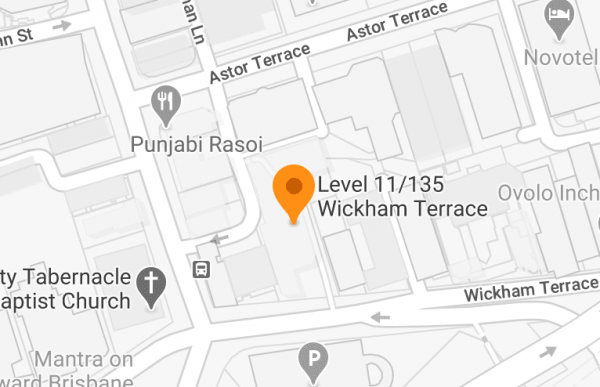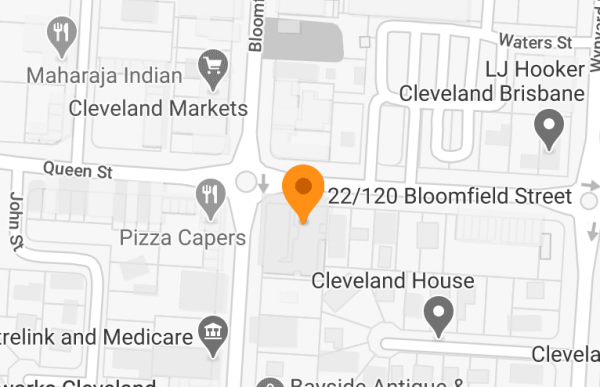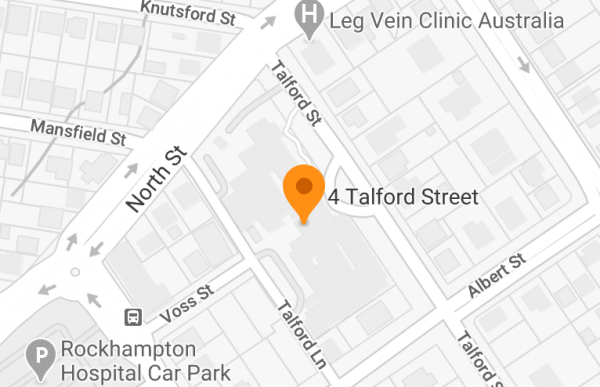Understanding Erectile Dysfunction
While you may not hear many men talk openly about the condition, Erectile Dysfunction is actually more common than you may expect. Because of this, it’s important to understand the truth behind ED and what treatments are available to you.

Erectile Dysfunction is a legitimate men’s health issue that can affect a man’s self esteem, mental health and relationships.
If ED is a concern for you, start by talking with your GP or booking in for a friendly consultation. With effective treatments widely available, there’s no benefit to putting it off or pushing it aside.
How Common Is It?
It’s important to know you’re not alone. In fact, around 2 million men currently suffer from Erectile Dysfunction in Australia. After the age of 40, around 1 in 5 will have experienced ED to some degree.

1 in 5 men over the age of 40
will experience ED to some degree
What Are the Symptoms?
You may be surprised when you experience Erectile Dysfunction for the first time. ED can manifest in multiple ways, and may include:
- A significant increase in the amount of time it takes to achieve an erection
- Difficulty maintaining an erection long enough to have intercourse
- Decreased frequency of spontaneous erections Decreased sex drive
If you’re experiencing some or all of these symptoms frequently, it is important to speak to your GP to have a proper diagnosis and to explore treatment options.
What Are the Causes?
Erectile Dysfunction happens when blood flow to the penis is limited or nerves are damaged. There are several possible causes physical and/or psychological reasons for ED, including:
- Prostate cancer treatment, trauma to the pelvic area can cause nerve and vascular damage
- Diabetes, which can compromise the blood flow to the penis
- Cardiovascular problems including high blood pressure and heart disease, can compromise the blood flow to the penis
- Other surgery (prostate, bladder, colon, rectal), trauma to the pelvic area can cause nerve and vascular damage
- The side effects of some medications including some for high blood pressure and antidepressants can interfere with blood flow to the penis
- Lifestyle choices (smoking, excessive alcohol, obesity, lack of exercise, stress, lack of sleep), can also affect your performance
- Spinal cord injuries
- Hormone problems
- Depression and anxiety
Treatments Options
Whatever is causing your ED, there are multiple treatment options that can help provide a satisfying solution.
It’s important to know all of your available options and discuss them with a qualified doctor to determine which will be appropriate for you and your lifestyle. Have a chat with your GP, or book in for a consultation with Dr. Malone at any of his 3 consulting locations.
Dr. Gregory Malone
Penile Prosthesis Specialist
Dr Malone is recognised as a leader in the field of Penile Prosthetic Surgery. A surgical mentor in this sub-specialty area, Dr Malone brings extensive experience and expertise to his Urological practice. Having served as Chairman of the Australian and New Zealand Association of Urological Surgeons (ANZAUS), and currently an Examiner with the Royal Australian College of Surgeons (RACS), Dr Malone’s surgical proficiency is world class.

